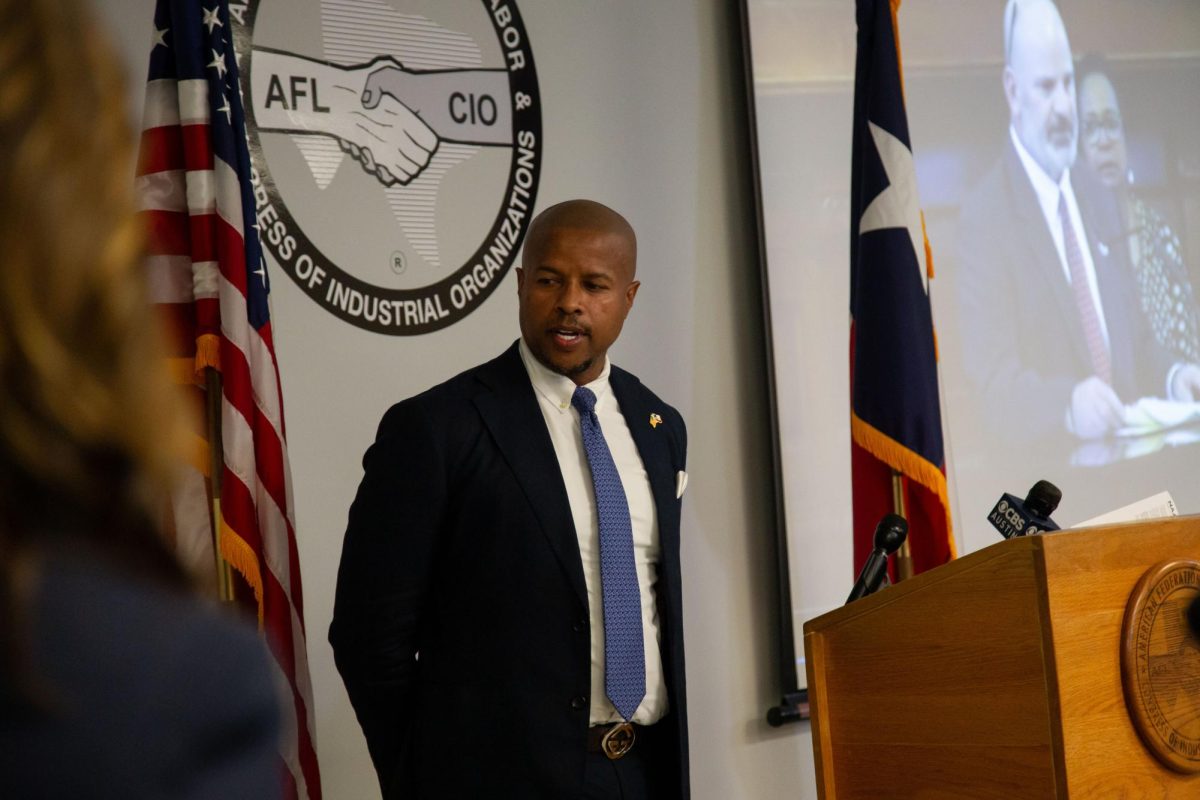Aerospace engineering professor Hans Mark is working with students to develop a blueprint for using current technology to visit Mars without exceeding the United States’ space exploration budget.
Mark, also a former UT System chancellor, said he thinks the U.S. has an obligation to go to Mars. The group aims to show that putting humans, and not just robots, on Mars is both feasible and economic.
“The critical reason for putting people on Mars is that it’s fairly easy for people to identify things like fossil rocks,” Mark said. “Designing a robot to sort through and identify those debris would be even more expensive than merely sending people.”
Mark, who spent 12 years working in the Pentagon, is no stranger to government delays in space exploration. Following George H.W. Bush’s 1989 call to visit Mars, Mark and a group of UT researchers put together a report arguing for a more ambitious timeline to keep the Mars mission from being pushed back.
“No president is going to take up something like that, so we dropped the ball,” Mark said.
But recent research has renewed interest in a Mars landing. New techniques have made possible the imaging of large swaths of Mars’ surface, and shown the need for further discovery.
Though skeptical of the necessity of an immediate return to Mars, Jack Holt, research professor in the Jackson School of Geosciences, said there is much more to learn about Mars’ surface.
“The more we look, the more we’re finding ephemeral ice deposits on Mars’ surface,” Holt said. “[But] we don’t know enough about these ice deposits to know if they could maintain habitats.”
Mark said he sees investigating the origins of life as a major motivation for a visit to Mars.
“I don’t think we’ll find life on Mars, but I do think we’ll find signs of the origin of life,” Mark said.
But Mark said he hopes the benefit of his work won’t be only scientific. Stressing what he said is America’s penchant for innovation, Mark argued that part of the obligation to explore Mars is ethical.
Trey Curran, an aerospace engineering freshman and student of Mark’s, said he is thrilled by the prospects of working on a Mars mission.
“Going to Mars is certainly the next big step forward in space exploration and it’s really invigorating to me as an aspiring aerospace engineer to have that possibility on the horizon,” Curran said.



















